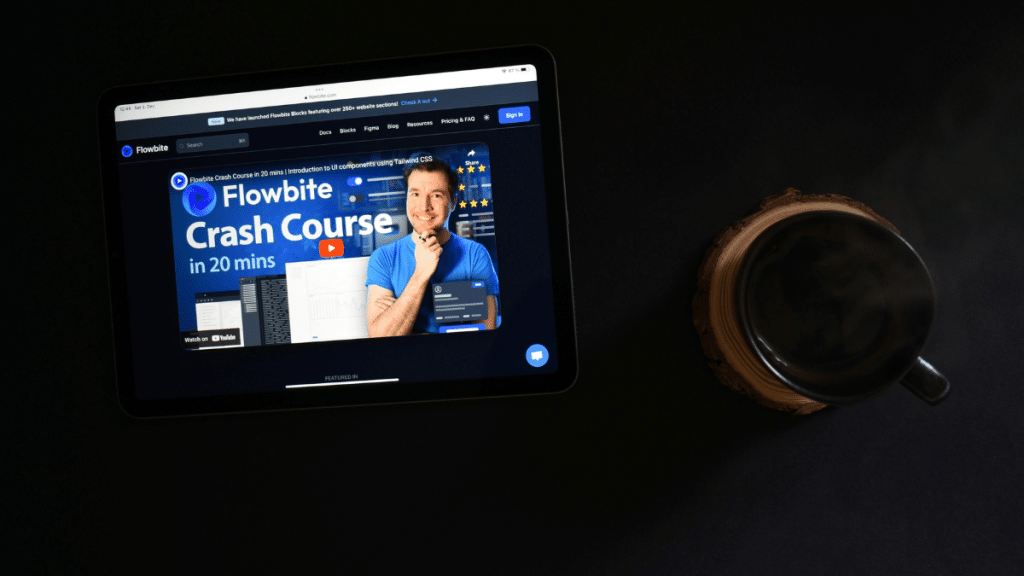For decades, we treated four-year degrees like passports. If you had one, doors opened. If you didn’t, good luck. But the hiring landscape in 2025 doesn’t look like that anymore. It’s messy, fast-moving, and ruthlessly practical. Employers aren’t chasing diplomas—they’re scanning for skill.
That’s where e-learning platforms like Aonmeetings step in. They’ve cracked the code on something universities can’t touch: speed and specificity. In a world where AI, automation, and hybrid work are rewriting job descriptions every six months, traditional education is too slow. Companies need people who can learn fast, adapt faster, and perform now. Virtual credentials deliver that in ways degrees never could.
Employers Want Outcomes, Not Alma Maters
Think about it: would you rather hire someone with a BA in Communications or someone with a UX design certification who’s already shipped three apps? It’s not even close. Companies like Google, IBM, and Meta have already dropped degree requirements for dozens of roles. What they care about is proof of execution.
Digital certificates and virtual badges aren’t fluffy participation trophies. Done right, they show exactly what you know and how you learned it. Courses are taught by active professionals, backed by tech giants, and constantly updated. Compare that to a syllabus that hasn’t changed since 2014.
The Student Debt Crisis Made This Shift Inevitable
Let’s get real: college has priced itself out of the market. In the U.S., student loan debt has passed $1.7 trillion. And for what? A degree that might not even land you a job?
Meanwhile, online credentials cost a fraction of tuition and offer ROI almost immediately. You can get certified in Python, digital marketing, or cloud computing in under a year and start earning. No campus. No dorms. Just results.
This is why e-learning isn’t just another trend. It’s a survival strategy—for workers and companies alike.
Colleges Can’t Move Fast Enough for the Jobs Being Created
Universities were built to preserve knowledge, not to chase trends. That’s fine for history or philosophy—but not for AI engineering or digital marketing. The average time to roll out a new degree program in higher ed? Two to three years. Meanwhile, tech evolves every quarter. Employers aren’t waiting around. They’re moving on—and so are students.
The Gatekeepers Lost Their Grip
Not long ago, colleges were the only authority on what “qualified” looked like. That’s done. Now, businesses are building their own training pipelines. Salesforce has Trailhead. Meta has Blueprint. Amazon Web Services has entire certification stacks. These companies don’t just hire based on these credentials—they created them.
Translation: the people who hire you are also the ones training you. That’s not a disruption. That’s a complete power shift.
And it’s working. A recent study showed that employers now see online certificates as “equally valuable” to university degrees—for certain roles. We’re talking about UX designers, data analysts, IT support specialists, project managers. These aren’t niche jobs. They’re everywhere.
Lifelong Learning Isn’t Optional Anymore
This isn’t just about getting hired. It’s about staying hired. Automation is wiping out predictable careers left and right. The only way to stay relevant is to keep learning—and virtual credentials are built for that.
They’re fast, flexible, modular, and stackable. You can earn one in weeks, not years. And unlike a dusty diploma, they actually age well. When the industry shifts, the course updates. You stay current, you stay competitive.
A 2024 LinkedIn Learning report found that 76% of professionals now see upskilling as critical to career success. But less than half said their employers provide access to ongoing training. That’s a massive gap—and e-learning is filling it.
Hiring Managers Are Watching What You Do, Not Where You Learned It
Today’s hiring mindset is brutally pragmatic. Can you solve problems? Do you ship work? Have you built anything real? That’s what gets attention—not transcripts. Recruiters now scan LinkedIn portfolios, GitHub commits, and digital certificates. They want proof. Not paper.
So, Are Digital Credentials the New Degree?
In many industries? Absolutely. In others? Not yet. If you’re gunning for medicine, law, or academia, you still need the traditional paperwork. But if you’re in tech, design, marketing, data, or product—virtual credentials are the new baseline.
The key isn’t to replace college entirely. It’s to recognize that the old system isn’t enough. What’s emerging is a hybrid model—one that combines formal education, on-the-job experience, and digital learning. It’s fluid, merit-based, and future-proof.
Here’s the bottom line: degrees aren’t dead. They’re just no longer the only game in town. And if you’re relying on one piece of paper to carry your career, you’re already behind.
Final Take
Virtual credentials are not some fringe hack. They’re a direct response to everything broken in the old system—cost, access, speed, relevance. They reward initiative, not pedigree. They work for people who want to move fast, switch careers, or break into industries that weren’t built for them.
So no, a digital certificate isn’t “just as good” as a degree.
In the right context, it’s better.
